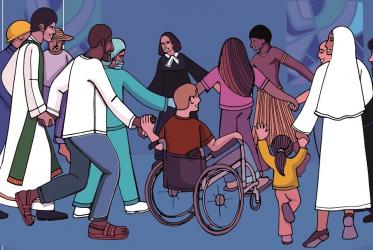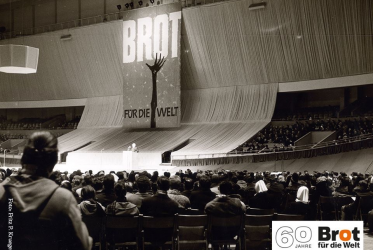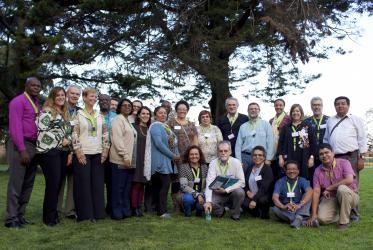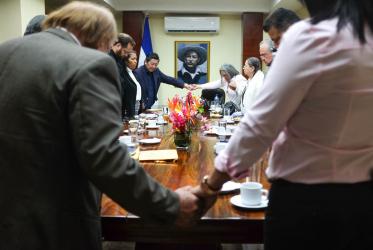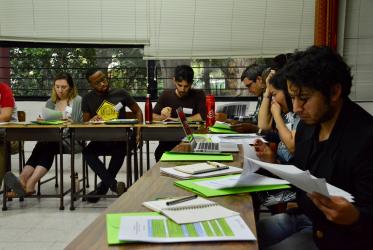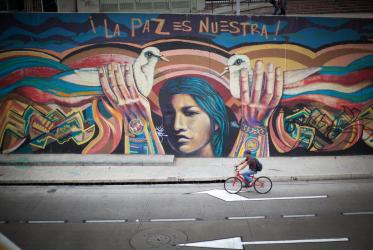Displaying 1 - 20 of 54
Brazilian churches call for transformative racial justice
23 November 2020
WCC publishes two new Bible studies penned by authors from Colombia
24 February 2020
WCC urges protection of Colombian peacemakers
19 July 2018





